Hawzah News Agency – Ramadan in Sudan is like a family gathering, with lots of socializing, and going to the mosque.
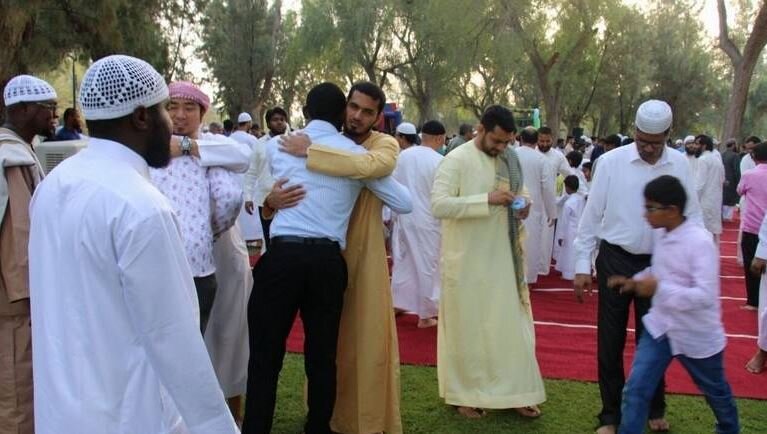
There is a beautiful custom in Sudan during Ramadan which is especially great for the poor and needy. Of the 37.96 million people in Sudan, 97 percent follow Islam. And during the holy month, people in neighborhoods - men and boys only - gather in the streets and sit on long mats or put up tents of food. They wait for passersby to come, and make sure all motorists and drivers stop, dismount, and end their fasts with the men in the tents. The tents can be big or small.
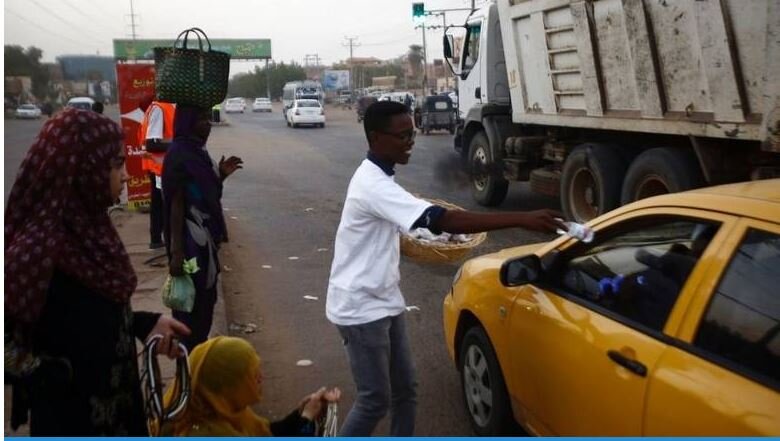
If it's the men and boys from five houses, it's a smaller tent, a larger neighborhood of 15 households, say, can have three tents. The men bring food from home and share with their fellow Ramadan observers. It is customary to stop cars and invite people to share their food. This is visible among other places in the state of Gezira, on the Khartoum-Medani national road that links Khartoum and Gezira.
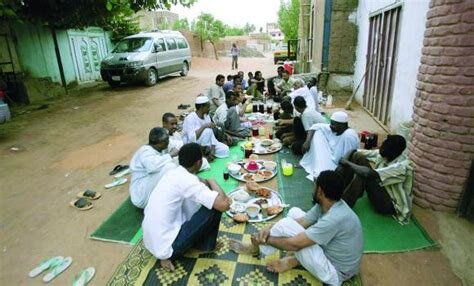
At times, barriers are placed in the middle of the road to stop traffic before sunset. At other times, younger boys run and stop traffic.
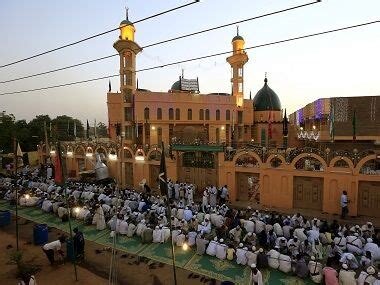
A Ramadan image specific to Sudan is of long lines of men sitting on the streets in white kanduras under neem trees, waiting for the sun to set and for the cannons to announce Iftar. A Sudanese national shared with Khaleej Times a childhood memory of waiting for the sun to set and watching from the windows of the house with her mother and sisters while the neighborhood men sat outside. And people greeting others and boys running with excitement when it was time to sit down and end the fast.
Women stay in and prepare the food. They exchange meals with other neighborhood women. Often a nice fish stew from one house will be exchanged with chicken from a house in the same lane.
Ramadan in Sudan is like a family gathering, with lots of socializing and going to the mosque.
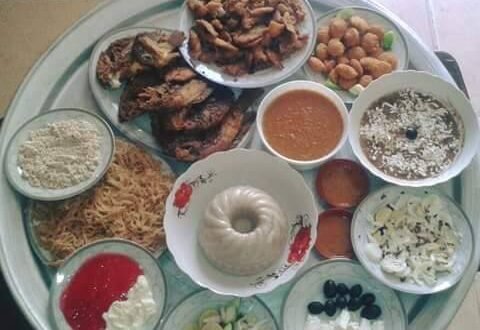
Iftar
Some Ramadan-specific foods are Aseedah (a porridge made from sorghum), gurrasah (made of wheat flour), and salad. A special Ramadan drinks prepared from sorghum and different spices is called hilu-mir ('sweet-bitter'). It's often added to hot dishes or served with a side sauce, to add texture and flavor to the main dishes. Hibiscus and lemon juice is also drunk, and also aradaib and tabalde - both bitter acacia fruits.
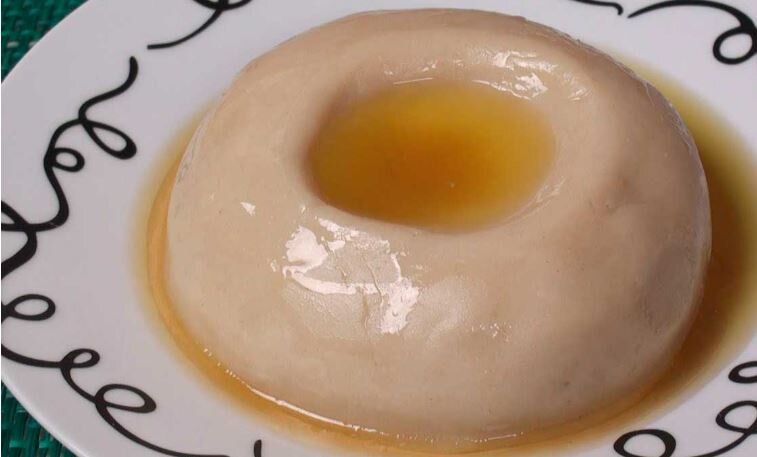
Other popular Iftar dishes are Baleela - boiled chickpeas of red beans with salt and Tequilia - Keema with okra powder, and Samboussek, besides the Arabic usual - fried chicken, fried fish, Hommous salad, foul and Felafel with olive oil and cheese.

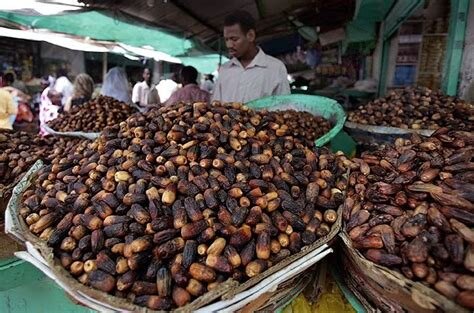

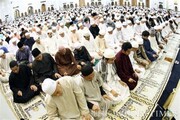
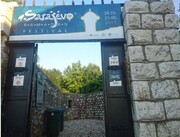
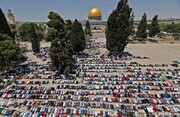
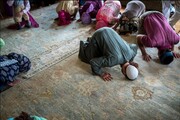
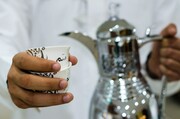
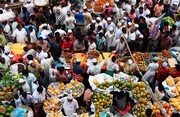
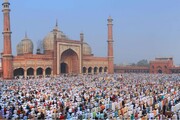

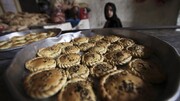
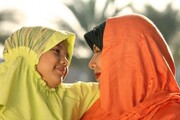


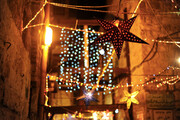
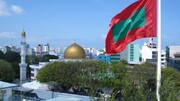
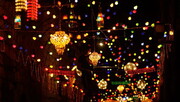
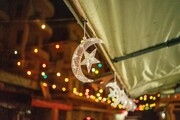
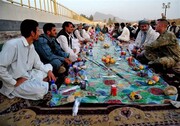
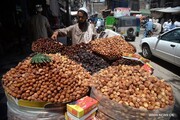
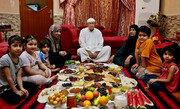
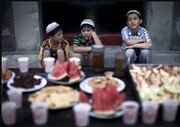
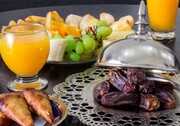
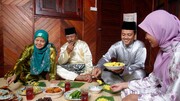
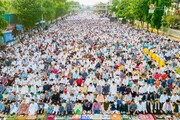
Your Comment